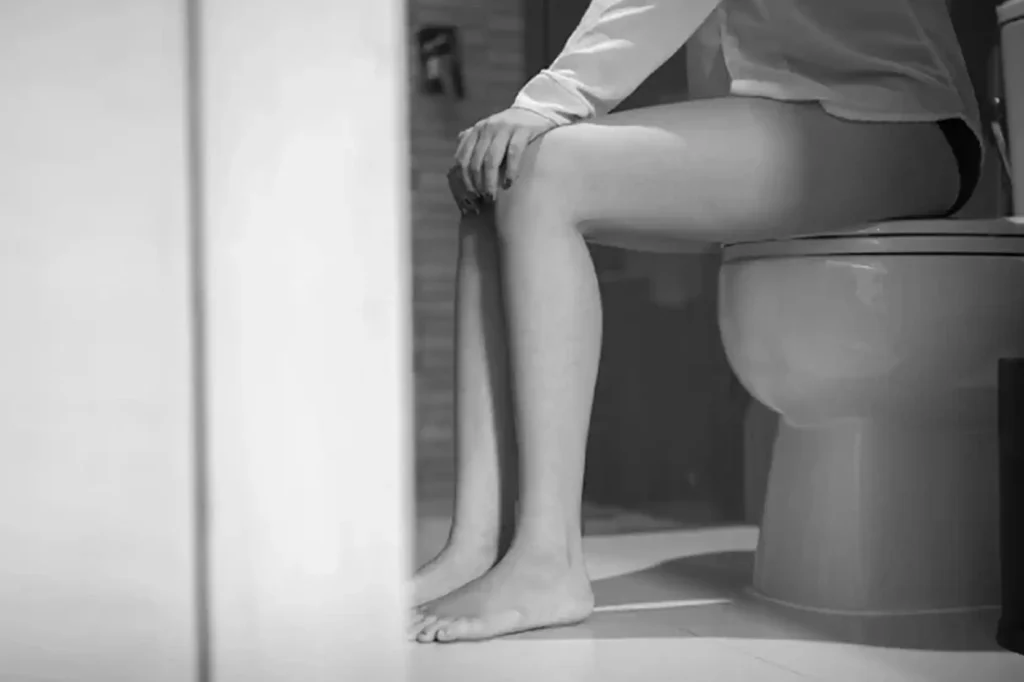STDs, on the other hand, spread through sexual contact and involve different pathogens. This guide explains the difference between UTIs and STDs, symptoms to watch for, and when to seek medical help. Learn how to reduce UTI risk and protect your urinary health.
Introduction to Is UTI a Sexually Transmitted Disease:
No, a urinary tract infection (UTI) is not a sexually transmitted disease (STD). UTIs are usually caused by bacteria (commonly E. coli) entering the urinary tract, while sexually transmitted infections (STIs) are spread through sexual contact. However, sex can sometimes trigger a UTI because it allows bacteria easier access to the urethra.
If you’ve ever had a burning sensation while peeing, frequent bathroom trips, or lower belly discomfort, you’ve probably wondered if it’s an STD or a UTI. The symptoms often overlap, which is why many people get confused. As someone who has researched and experienced urinary health issues, I can assure you that while UTIs can be linked to sexual activity, they are not classified as sexually transmitted diseases.
Both can cause painful urination, but only testing by a doctor can confirm the exact cause.
What is a UTI and How Does It Happen:
A urinary tract infection happens when bacteria enter the urinary system, which includes the urethra, bladder, ureters, and kidneys. The majority of cases are caused by Escherichia coli (E. coli) bacteria that normally live in the gut but can cause infection when they reach the urinary tract.
Anyone can get a UTI, but women are more prone due to their shorter urethra, which makes it easier for bacteria to travel into the bladder. Other causes include poor hygiene, dehydration, or even holding urine for too long. While UTIs are common, they should not be ignored because untreated infections can spread to the kidneys and cause more serious health issues.

Difference Between UTI and STD:
It’s easy to confuse UTIs and STDs because they can both cause painful urination, pelvic discomfort, and frequent bathroom visits. The key difference is transmission: UTIs are not contagious and cannot be passed to your partner. STDs, on the other hand, spread directly through sexual activity. But the causes are very different.
- UTIs: Caused mainly by bacteria entering the urinary tract.
- STDs: Caused by viruses, bacteria, or parasites transmitted during sexual contact (examples: chlamydia, gonorrhea, herpes).
Can Sex Trigger a UTI:
Yes but this doesn’t mean UTIs are STDs. Sexual activity can push bacteria closer to the urethra, making infection more likely. That’s why UTIs after sex are common, especially in women. In fact, some people refer to them as “honeymoon cystitis.”
Good habits like urinating after intercourse, staying hydrated, and practicing proper hygiene can significantly reduce your risk. So while sex can be a contributing factor, the infection itself is not sexually transmitted.
When to See a Doctor:
Since UTI and STD symptoms sometimes overlap, it’s important not to self-diagnose. If you have persistent pain, blood in urine, fever, or if symptoms come back frequently, see a healthcare provider. They can run tests to confirm whether it’s a UTI or an STD and provide proper treatment.
Ignoring the symptoms can make things worse untreated UTIs can spread to the kidneys, while untreated STDs can cause long-term reproductive health problems. Always get a proper diagnosis rather than guessing.
Home Treatment for UTI:
While a urinary tract infection needs proper medical care especially if symptoms are severe or recurrent there are a few safe home remedies that may ease discomfort and support recovery alongside professional treatment.
- Stay Hydrated
Drinking plenty of water helps flush bacteria from the urinary tract. Aim for 8–10 glasses daily to keep urine diluted and reduce irritation. - Urinate Frequently
Don’t hold your urine for long periods. Emptying the bladder often helps push bacteria out before they multiply. - Use Heat Therapy
A warm heating pad placed on the lower abdomen can ease pain, pressure, and bladder discomfort. - Try Cranberry Products
Some studies suggest cranberry juice or supplements may reduce the risk of recurrent UTIs by preventing bacteria from sticking to the bladder walls. - Practice Good Hygiene
Wiping front to back, avoiding harsh soaps, and wearing breathable cotton underwear helps keep bacteria away from the urinary tract.
⚠️ Important: These remedies may provide relief but are not a substitute for antibiotics when needed. If symptoms worsen or you develop fever, back pain, or blood in urine, see a doctor immediately.
FAQ
Most frequent questions and answers
No, a UTI is not an STI. It’s caused by bacteria in the urinary tract, not sexual transmission.
No, UTIs are not contagious. But sex can increase the chance of bacteria entering the urinary tract.
Both can cause painful urination, but only testing by a doctor can confirm the exact cause.
Conclusion:
A urinary tract infection is caused by bacteria entering the urinary system, not by sexual transmission. In summary, if you’ve ever wondered, “is UTI a sexually transmitted disease?” the answer is clear it is not. While sex can sometimes trigger a UTI, it cannot be passed from partner to partner like an STD. Understanding this difference helps reduce fear, confusion, and stigma. Always seek medical advice if symptoms persist to ensure proper treatment and protect your urinary health.








